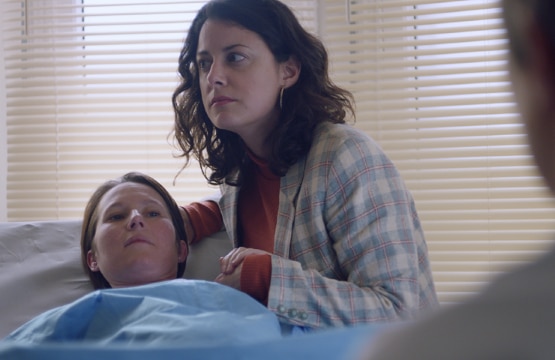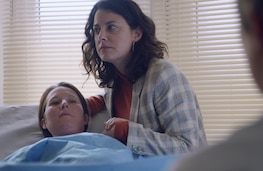Although women everywhere are affected by endometriosis, many aren’t getting the support they need. This is because the condition often goes undiagnosed or, when it is diagnosed, it’s misperceived as ‘really bad period pain’. As a result, women often feel like they’re being ignored and their pain isn’t being taken seriously. This can lead to feeling isolated and like you’re the only one.
But with 176 million women (one in 10) affected worldwide, you’re not alone
[4].
Reach out to friends and family, even if it feels like an awkward subject. Talking about it will help, and you might even have people close to you with first-hand experience of endometriosis. Not only will they know what you’re going through, but they can help you to get the support you need from your doctor.
If you recognise the symptoms and suspect that you have it, book an appointment with your doctor or gynaecologist to find out more. They’ll explore ways to ease your pain and help you cope with the symptoms.
Understandably, current government guidelines mean waiting times for appointments and surgeries may be longer than usual. If it's difficult for you to visit your doctor at the moment, consider asking for a phone or video consultation instead.
You can also read more about endometriosis on the
NHS website, or find support services and a community of those affected on
Endometriosis UK.
[References]

